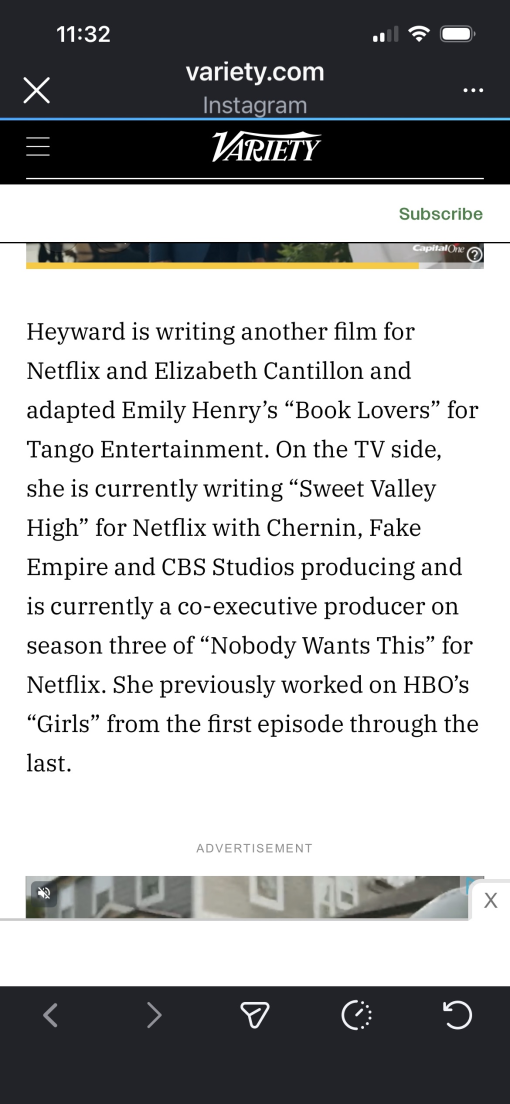ADVISORY: This is not the post you may have been looking for....
////
I have, over the last few months, arguably spent more time on YouTube than one should (specifically, in a couple of specific corners of YT that are not at all relevant to the present inquiry).
However, YT being YT, it is all too easy to be lured into other corners of the videoverse in the process...
...and thus did your correspondent discover the vast yet singularly redundant swampland in which one finds AI-generated revenge-fic. Herewith a very brief description of this sea of mire, madness and muckraking for those not familiar with the concept:
Your narrator, you learn at once, has been horrifically ill-used by those
around him. He (or she) may be:
- a hard-working child whose parents liked their other offspring best
- a gifted technical genius cast aside by an employer out to profit massively from their breakthrough
- a highly decorated but now-retired member of an elite or classified military unit
- a newcomer to or neighbor of an HOA ruled by a "Karen" who recognizes no authority beyond her own, who destroys all who won't submit to her will
What none of these villains realize is that their plans have been foreseen, their schemes laid bare, their crimes anticipated, their every move planned for. For just as they swoop in to claim their unjustly gained rewards, Our Hero smiles a thin, calm smile and confronts them with reality:
- the inheritance they anticipated belongs to the child they ignored
- the patents they thought they owned are in Our Hero's name
- Our Hero has bought the company from the villains under their very noses
- Our Hero's former co-workers in black ops have assembled evidence to have the villains put away (or, occasionally, neutralized the villain's Evil Empire)
- the newcomer to the neighborhood is a Senator/Mayor/Police Chief/etc. (who owns the land "Karen" has been trying to co-opt, and/or is the parent of the child they've bullied or injured)
Which is to say that the formula for these things is extremely, well, formulaic. And yet the genre garners tens of thousands of views, and is thereby (at least in theory) tremendously profitable for its creators, who have built the vids almost entirely with AI narration, a handful of still images, and a means of putting narrative text on top of the images they've used.
And there is, evidently, a market for these things, such that people are evidently making considerable money off of revenge channels nowadays.
////
Which makes one wonder...
How hard would it be for a veteran fic-writer to whip out a dozen or so revenge yarns with just a little more creativity than the formulas have so far demonstrated? To download the software the current creators are using? To set up a YouTube channel of this sort of thing that would, perhaps, be just a bit more, well, creative than that now dominating the current swamp? Could one make enough money at such a game to retire, if not to the French Riviera, at least to a corner of Darkest Suburbia with better bus and train service than he has now?
Inquiring minds want to know what your humble narrator is missing in this equation....







